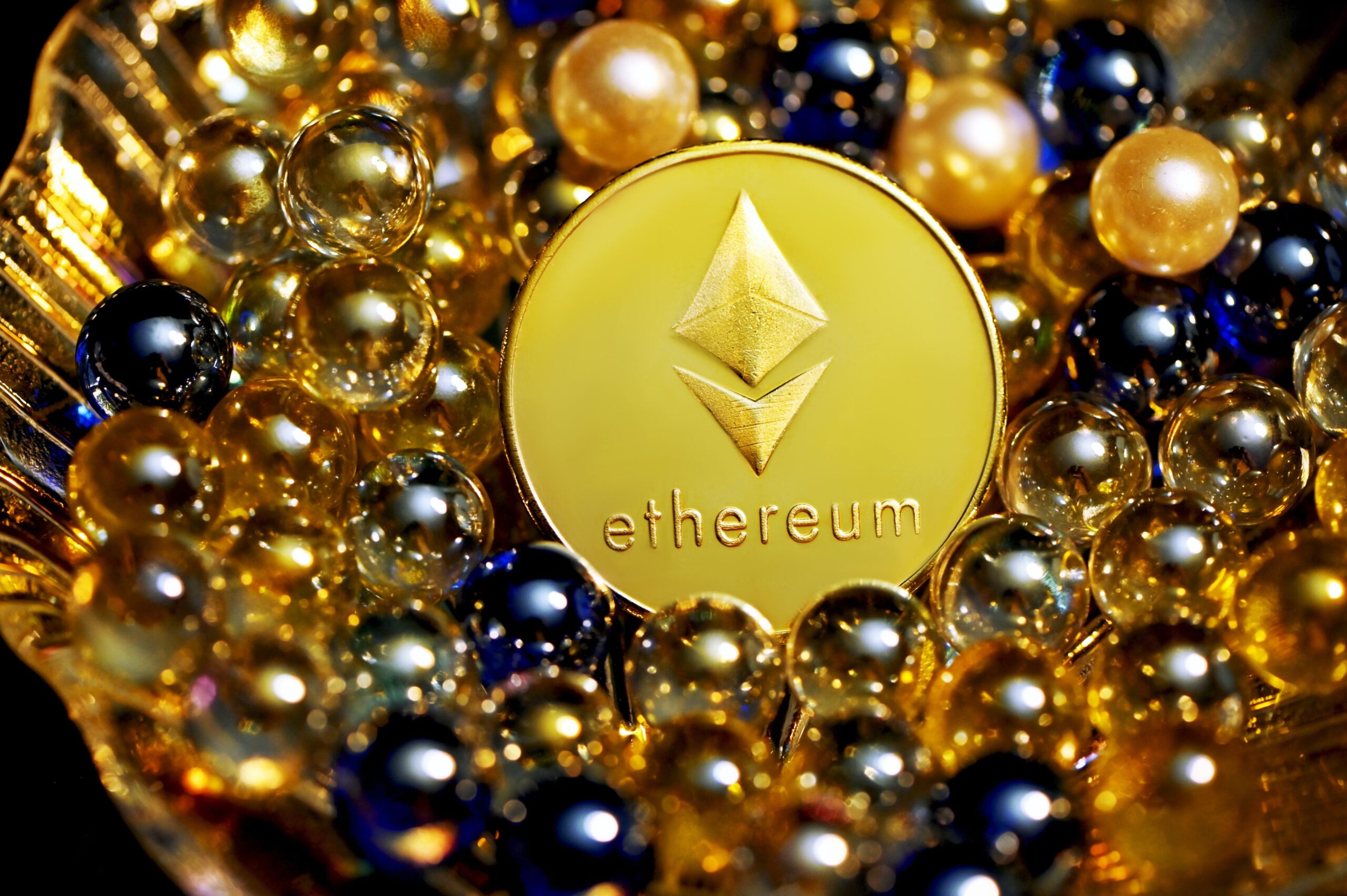What Is Ethereum?
Ethereum is a decentralized blockchain technology platform. Ether is the cryptocurrency or crypto used for transacting on Ethereum. This platform has tens and thousands of decentralized apps. Also called DAPPS, decentralized apps run smart contracts. Rule and policy based, smart contracts allow the enforcement of integrity, accuracy, non-repudiation, traceability, and durability of transactions. Ethereum is an evolving platform. Being open source, it is open for contributions. Ethereum is already being used by lots of companies. They use the platform for managing their global payments, insurance processes, records management, and more.
Understanding Ethereum and How It Is Different from Bitcoin
Ethereum is similar to Bitcoin in two ways and that’s why many don’t have confusion over what Is Ethereum. Both are based on blockchain technologies and both operate outside of the mandate of any central authority. But Bitcoin and Ethereum are used for various purposes. The latter uses Bitcoin as the crypto and the former uses Ether. Bitcoin is primarily used to track currency ownership. Ethereum is used for running decentralized applications.
Ethereum allows programmers to raise money to build their applications, whereas Bitcoin does not have this facility. Ethereum is the transition to proof-of-stake from proof-of-work consensus, while Bitcoin primarily uses proof-of-work.
Ethereum’s Continuing Evolution
Ethereum was written by Vitalik Butterin. Although inspired by Bitcoin, Ethereum focused on more use cases. One of them was the smart contract technology. Another strong use case is the Non-fungible Tokens (NFT) technology. Ethereum allows the creation of NFTs. These tokens represent value. Tokens are used for evaluating digital art, virtual real estate, sports memorabilia, and collectibles. Decentralized finance (DeFi) is another strong use case of Ethereum. DeFi offers financial products, tools, and instruments outside of any authoritative control. Ethereum continues to evolve to support more advance use cases. The blockchain technology’s speed and throughput are being increased via novel techniques.
Criticisms of Ethereum
Ethereum is based on blockchain technology, and blockchain technology is understood to have scaling issues. Ethereum is working on this by implementing many techniques that will expedite the addition of transactional blocks. Another criticism of Ethereum is the smart contract technology. Like any program, even a smart contract can be hacked. No program is perfect, and this applies to a smart contract too. So, it becomes even more critical for a smart contract technology to be highly secure. Currently, standards are being put in place for determining the minimum level of security that a smart contract will require.
What Is Ethereum Dapps in Simple Terms?
Dapps are distributed applications that run on the Ethereum blockchain technology. Dapps are auto-functioning and don’t need manual intervention to start, stop or manage them. Autonomous governance enables Dapps to run based on smart contract configurations. Smart contacts can be changed to influence the behavior of Dapps. A single Dapps cannot be modified; either the change is applied to all Dapps of a particular type or no change is applied. Smart contracts constitute the core of Dapps. Smart contracts are a script of code that execute conditionally. Smart contracts are programmed only once and executed on all multiple nodes of a blockchain network.
What Is ETH Trading?
ETH trading or Ethereum trading is using Ether to buy and sell crypto. To start trading in Ether, a trading account needs to be opened. Ether is traded using Contract for Difference or CFDs. Using CFDs traders can speculate on price changes of Ethereum. With Ethereum CFDs, traders can buy and sell without waiting for a seller and buyer. Whereas on a typical cryptocurrency exchange, buyers or sellers have to be identified before commencing trading. Traders can go short or long to trade based on the increase or decrease of Ethereum’s value.
Must Read: Top Cryptocurrency Exchange Apps in India – Invest Like a Pro in Crypto
FAQ’s
1. What is ETH worth?
Ethereum has a market cap of over $326,000. When converted to US dollar, 1 ETH is worth about $2800 to $3500. This is the fiat value of Ether. It is determined by its supply and demand. Being backed by a fiat currency, Ether is used as currency. Within the Ethereum network, Ether is used for purchasing smart contracts. Ether is also used as compensation for those running the smart contract network. Application developers pay smart contract network hosts. As the adoption of Ethereum increases, the demand for Ether will be more, as more smart contracts will be developed.
2. What exactly is Ethereum?
Ethereum is a distributed system on the Internet. It is based on the blockchain technology. People can use Ethereum to conduct transactions. They can use Ether as the currency. Distributed applications can be run on the Ethereum network. Distributed applications can implement smart contracts. A smart contract is a set of rules that influence the way the application executes. The rules are evaluated against various transaction criteria. Ethereum has proof of stake consensus. Work is on to implement newer types of consensuses.
3. What can Ethereum do?
On an Ethereum blockchain network, one can send crypto to another wallet for a fee. This is at the basic, a very fundamental use case. There are a huge number of advanced financial use cases with Ethereum. Lending, banking, micro-financing, crowdfunding – all of these can be done on Ethereum. Using Ethereum, commercial activities can be conducted. Sales, purchaser, buyer, contractual, and legal agreements can be made, validated, and verified. Being a programmable blockchain, there is no limit as to the number of types of Dapps that can be built over it.
4. How much time does it take for 1 Ethereum to be mined?
A block is added to the Ethereum blockchain every 13 to 15 seconds, rewarding 2 ETH to the miner. But the probability of mining 1 Ethereum has become increasingly low because of the availability of a large number of miners. All of them contribute to the mining power. So, the difficulty of mining 1 Ethereum has increased. Even with a hash rate of 100 MH/s, it could take about a week to mine 1 Ethereum. So, miners don’t set out to mine 1 Ethereum by themselves. They become part of mining pools and share the rewards.
5. How much does Ethereum cost?
The price of Ethereum is essentially the price of 1 Ether. The current price of Ether is $3,059.
Must Read: Bitcoin Future in India: Ban or Asset Class, Govt to Decide on Cryptocurrency Bill Soon







